Mindfulness helps by reducing racing thoughts, anxiety, and stress, which are modern sleep disturbances. Regular mindfulness practice can lead to better sleep habits and positive brain changes after practicing regularly for a number of weeks
What IS mindfulness?
Noticing what’s here, in and around the mind and body, in the present moment… simply accepting what’s here, without judging.
► Type of meditation
► Fitness training for the brain
Mindfulness ‘works’ – evidence:
The brain changes in a positive way after practicing regularly for a few weeks
► Brain ‘rewired’ – neuroplasticity
Stimulates ‘relaxation response’
► Counterbalance stress reaction to ‘threats’
Numerous benefits to physical and mental health:
► Decreased b.p., heart rate, stress, anxiety
► Reduced diabetes, IBS, cardiovascular issues
► Increased positivity, optimism, sleep, energy, well-being
► Enhanced memory, personal effectiveness, resilience
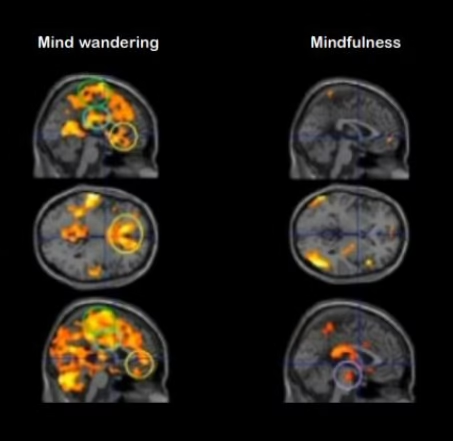
Body Scan Practice
Formal mindfulness practice:
► Come off autopilot
► Be fully present
► Strengthen your ‘attention muscle’
► Focus where you want it
► Changing focus of attention
It can be helpful in bringing about relaxation and sleep
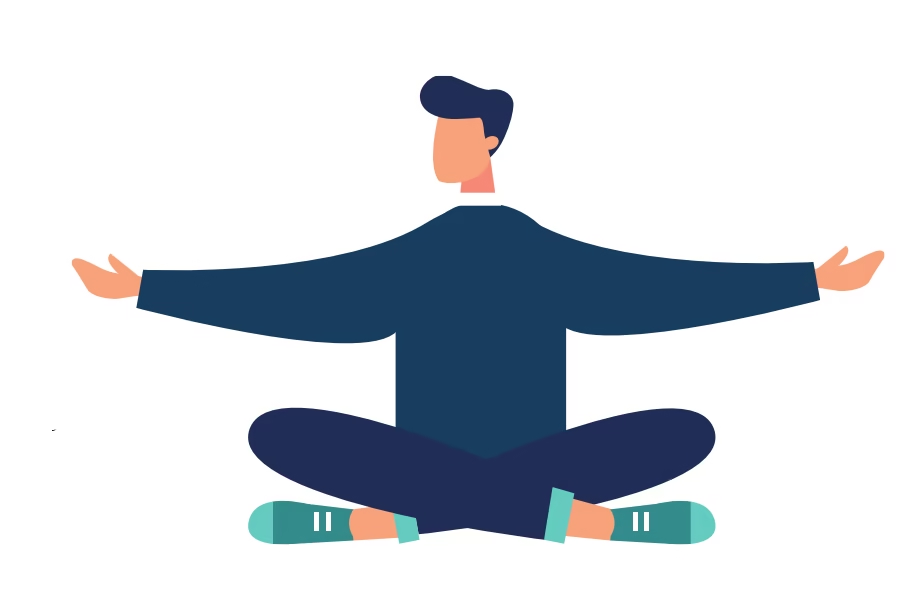
Tips and practices to enhance sleep
Develop a regular mindfulness practice
► Proven to stimulate parasympathetic NS and increase duration /
quality of sleep
► ‘Relaxation response ‘ = calm
► Mind becomes settled:
► Learn to manage internal noise
► Relax into restorative Pre-Sleep > sleep
► Practicing at bedtime can ease you into a good night’s sleep
► Mindfulness increases and regulates melatonin production /
Circadian Rhythm
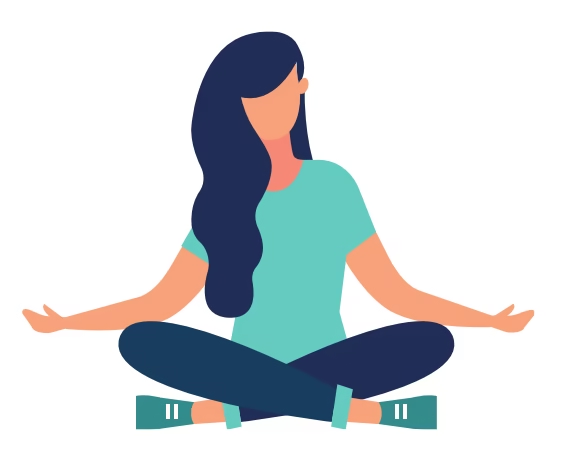
Let go of striving …
► Stop watching the clock
► Don’t fear not sleeping
► Give up trying to empty the mind
Accept you can’t sleep right now
► Switches off stress reaction
Move to a different room
► Try a relaxing activity, eg reading, till tired
► Bed = sleep, not strive
Regular practice mindfulness – helps mind and body settle and relax, naturally
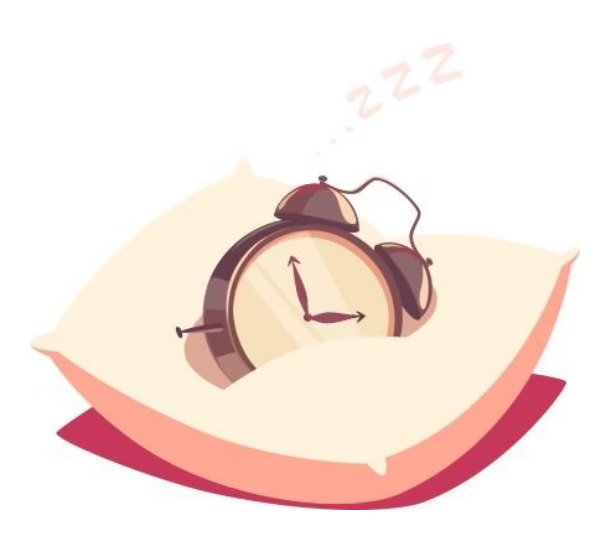
Manage your tech …
Switch it off before bedtime – 2 hours is recommended!
► Content can trigger stress and anxiety
► ‘Blue wavelength light’ Inhibits melatonin production
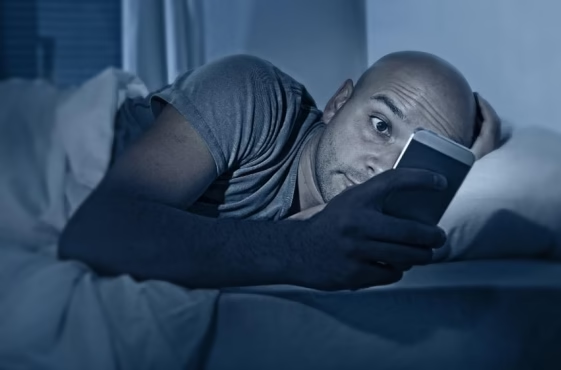
“Extended use of electronic
media can disrupt sleep and
exacerbate sleep disorders.”
Set yourself up well for sleep …
► Ensure your bedroom supports good sleep:
► Cool – with fresh air
► Comfortable
► Dark – eye mask / blackout blinds
► Quiet
► Lighting which simulates natural light can be helpful
► Wake up gently
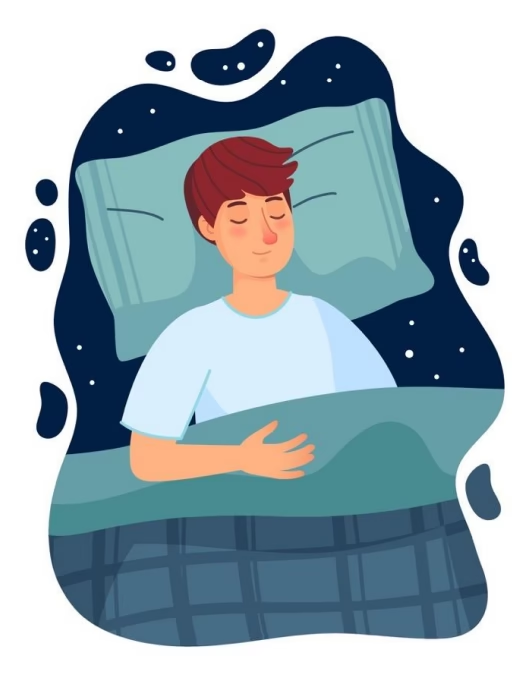
Re-align with your natural rhythm
If Circadian rhythm out of synch, we stay in alert ‘daytime mode’
► Keep your sleep times regular!
► Don’t cut back on sleep to get more things done / long lie-ins,
to compensate!
► TRY shifting sleep time by a complete 90 minute cycle
► Spend time outdoors
► Increases natural light, re-synchs circadian rhythm
► Natural de-stressor!
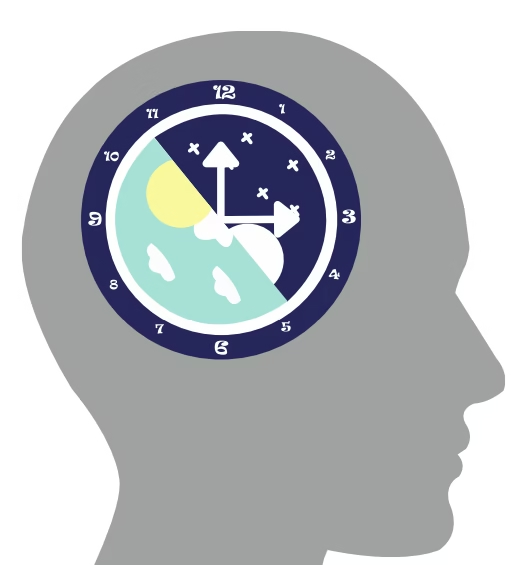
Recommended Product for Sleep Well-Being
Enhance your sleep with this [Product], designed to promote relaxation and comfort. Take the first step towards better sleep tonight.
[Click Here to Learn More and Improve Your Sleep]
Disclaimer:
The purpose of this article is to provide general knowledge and information, and does not constitute medical advice. It is not intended to be a substitute for professional medical advice, diagnosis, or treatment.
